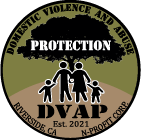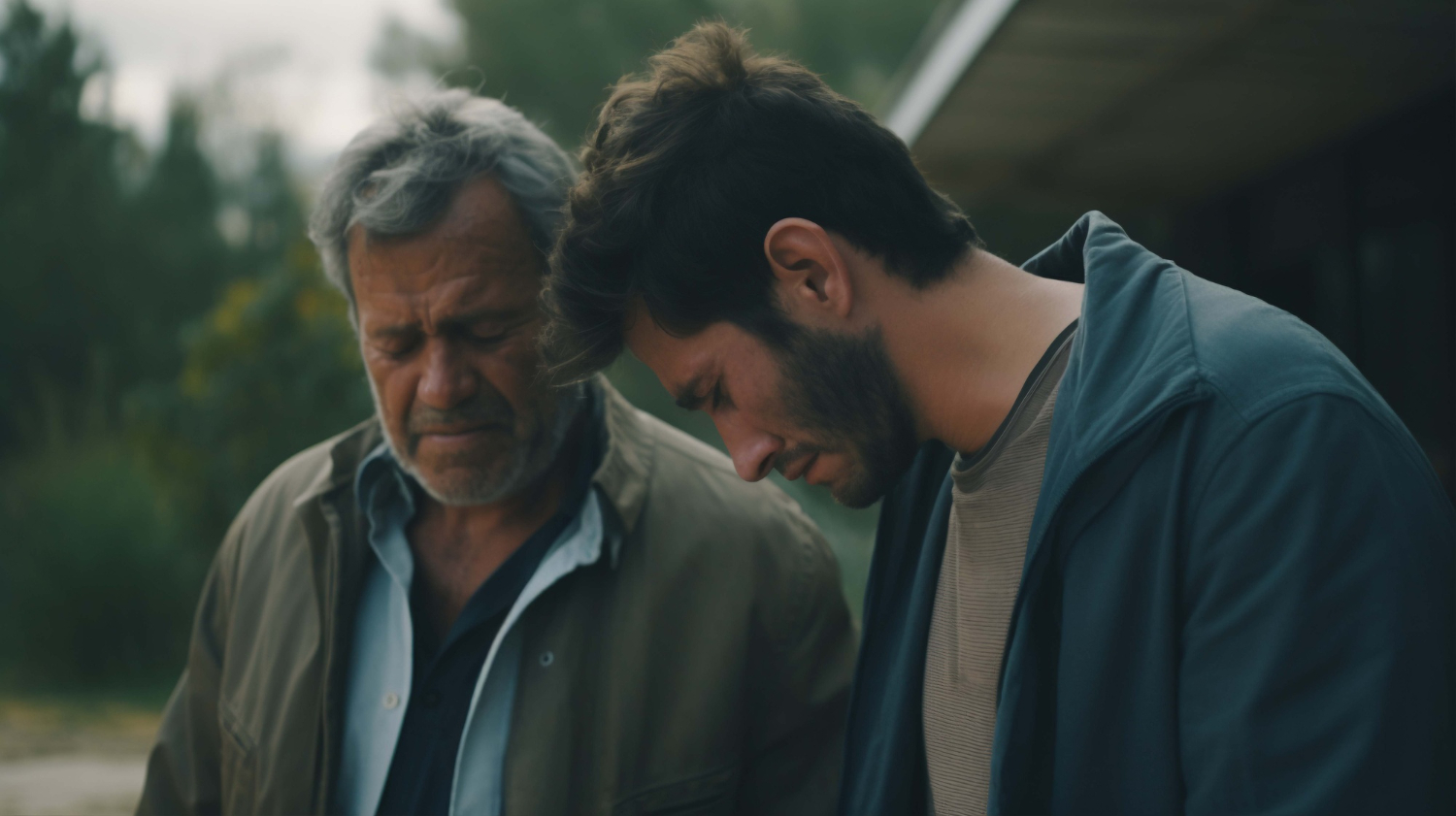Domestic violence and abuse do not discriminate. They affect individuals across all demographics, regardless of gender, age, or background. While much of the public discourse has rightly focused on supporting female survivors, the reality is that men can, and do, experience domestic violence and abuse. Unfortunately, male survivors of abuse remain significantly underrepresented in conversations about domestic violence. This post aims to shed light on the challenges faced by male survivors, address the societal stigma surrounding their experiences, and connect them to supportive resources.
The Underrepresentation of Male Survivors in Public Discourse
When we think of survivors of domestic violence, our minds often turn to women. This association is partly due to historical disparities in addressing gender-based violence, along with public awareness campaigns and media portrayals that primarily center on female victims. While these efforts have generated critical resources and support pathways for many women, male survivors often feel overlooked in these broader conversations.
Statistics suggest that a significant number of men endure domestic violence each year—whether in heterosexual or same-sex relationships. However, due to societal expectations and the power of traditional gender norms, their experiences often go unnoticed or unacknowledged. This underrepresentation leaves many male survivors feeling isolated, as though their pain and trauma are invisible or, worse, invalid.
Cultural and Societal Stigmas Discouraging Men From Seeking Help
For centuries, cultural narratives have upheld damaging stereotypes about masculinity. Men are often expected to embody strength, emotional resilience, and independence—traits that can create a barrier to seeking assistance when they experience abuse. Phrases like “man up” or “real men don’t complain” perpetuate the toxic idea that asking for help is a sign of weakness or failure.
These stigmas can be particularly challenging for male survivors of abuse, as they may internalize the belief that admitting to being a victim undermines their masculinity. Shame, embarrassment, and fear of judgment often prevent them from sharing their stories or reaching out for support. Furthermore, societal biases may lead others—friends, family, or even law enforcement—to disbelieve their accounts or downplay the severity of the abuse they have experienced.
Emotional, Psychological, and Legal Challenges
Male survivors often face similar emotional and psychological wounds as other survivors, including anxiety, depression, post-traumatic stress disorder (PTSD), and a diminished sense of self-worth. However, the lack of recognition and support available to them can exacerbate these challenges. Without proper care or a support system, survivors may turn to unhealthy coping mechanisms, such as substance use, to manage their pain.
Legally, male survivors may encounter unique challenges as well. They might be hesitant to report abuse due to fears of legal bias or concern that their abuser will twist the narrative against them. Navigating the criminal justice system can feel particularly daunting, especially if there is a perception of unfair treatment based on gender expectations. Family court issues, including gaining custody of children or protecting custody rights, can also be an uphill battle for male survivors.
Resources and Support for Male Survivors
It’s crucial to recognize that abuse can happen to anyone, regardless of gender. Male survivors deserve the same empathetic, effective support as any other survivor. If you are a male survivor, please know this: you are not alone, and help is available.
Some inclusive resources specifically designed for male domestic violence survivors include the following:
- The National Domestic Violence Hotline: Call 1-800-799-7233, or text “START” to 88788. They provide confidential assistance to survivors of all genders.
- Men’s Support Groups: Organizations like 1in6 offer virtual and local support groups for male survivors of domestic violence and abuse.
- RAINN (Rape, Abuse & Incest National Network): Visit rainn.org for support services, advocacy, and survivor forums.
- California Partnership to End Domestic Violence: A localized resource that connects survivors with legal aid, counseling, and more.
Additionally, at Domestic Violence and Abuse Protection, Inc. (DVAP), we are fiercely committed to providing all-inclusive, survivor-centered services.
Overcoming Stigma and Seeking Help
If you or someone you care about is a male survivor of domestic violence, overcoming the initial hurdle of stigma is crucial. Remember, seeking help does not diminish your strength—in fact, it is one of the bravest steps you can take toward reclaiming your life and well-being. Community understanding and support are growing, and more organizations are working tirelessly to break down the barriers male survivors face. Together, we can create a safer, more inclusive society where every survivor feels seen, heard, and supported.
Are You Experiencing Domestic Violence or Abuse? DVAP Is Here To Help
Domestic Violence and Abuse Protection, Inc. is a non-profit organization dedicated to protecting the victims of domestic abuse. When restraining orders are not enough, we are there to provide the determined protection you deserve.
We are located at 3900 Orange St., Riverside, CA. Call us at (951)-275-8301 (24 hours). Alternatively, you can email us at admin@dvapriverside.org. Remember, you are not alone—we’re here to help.






